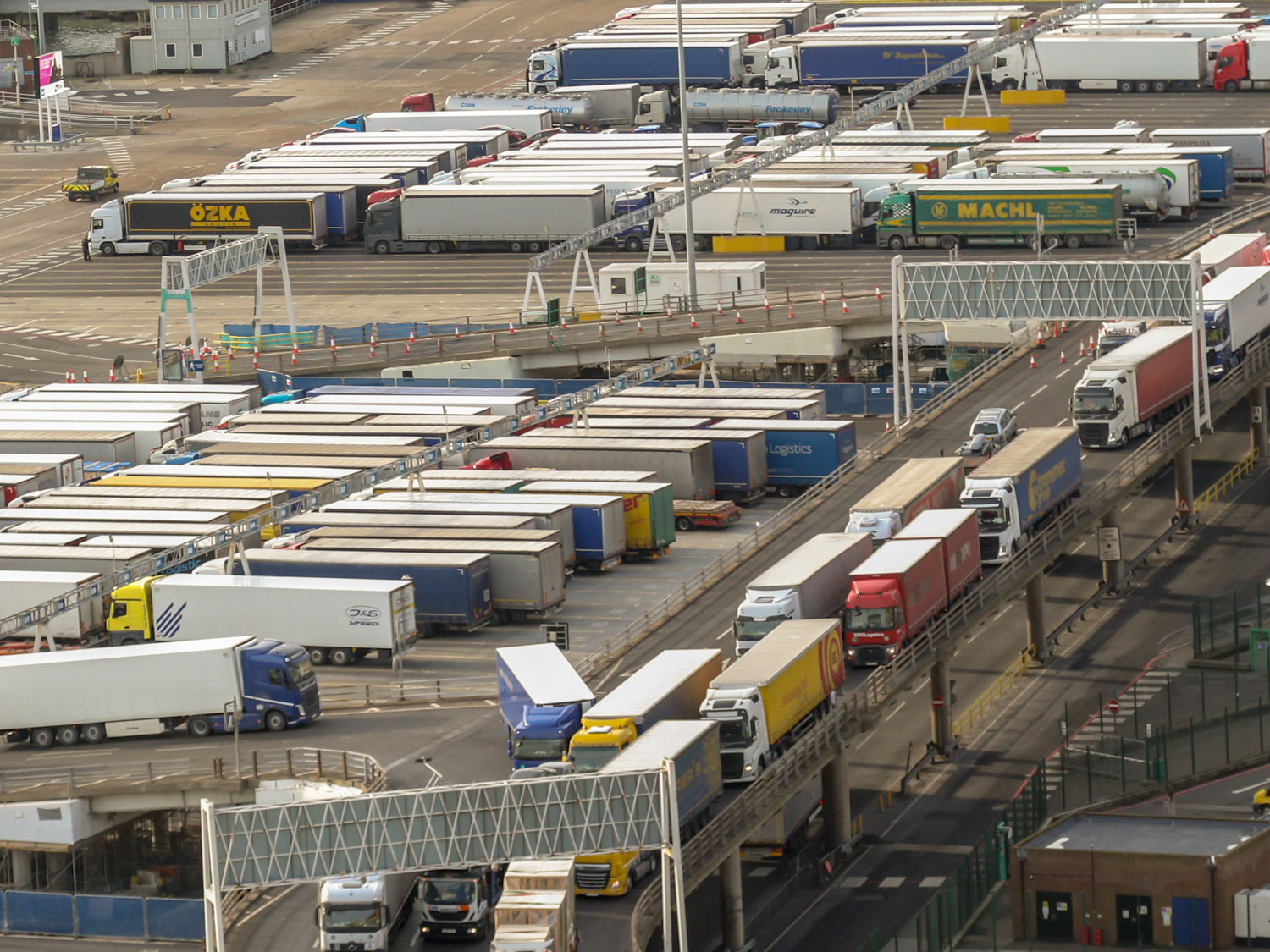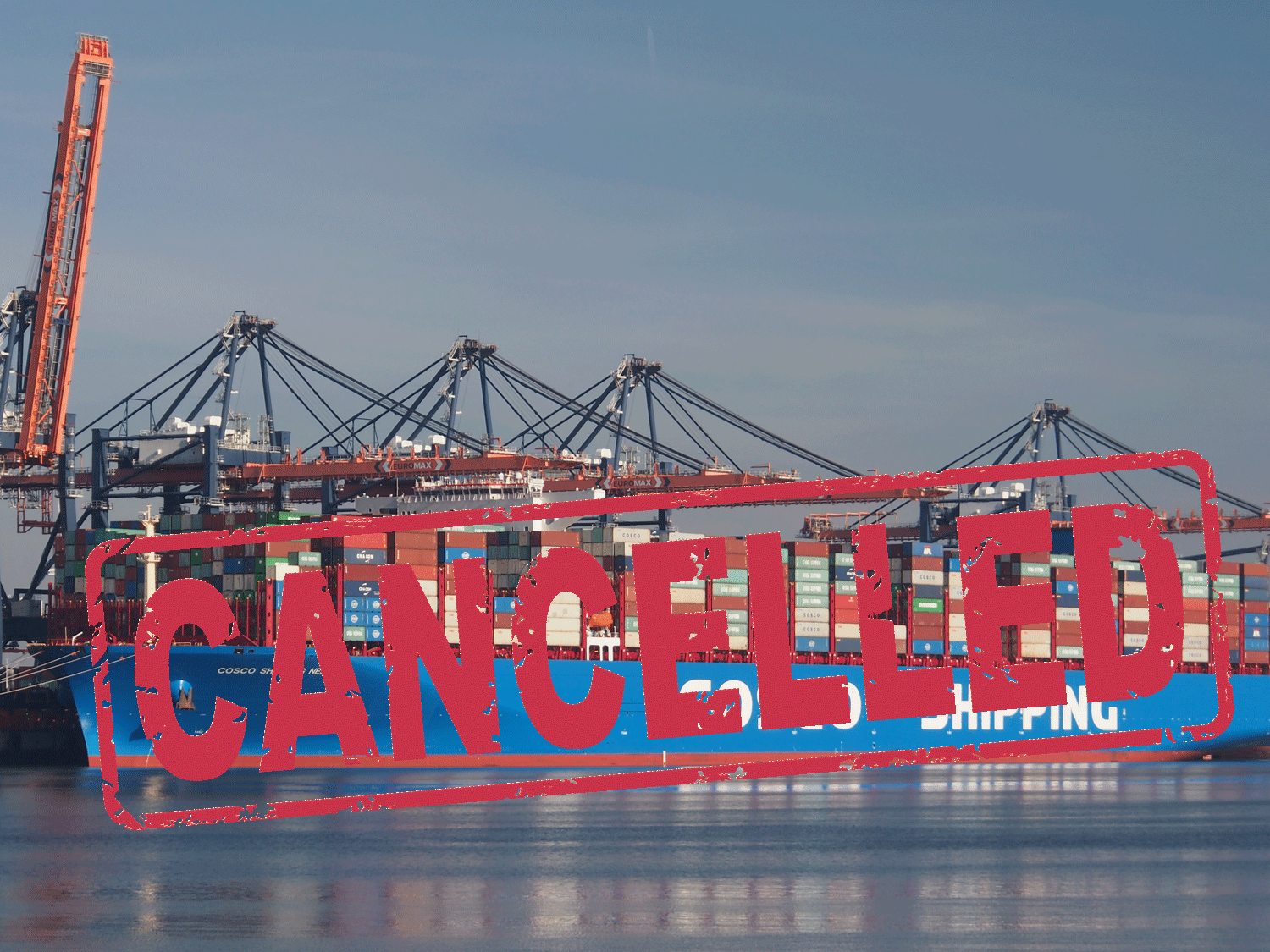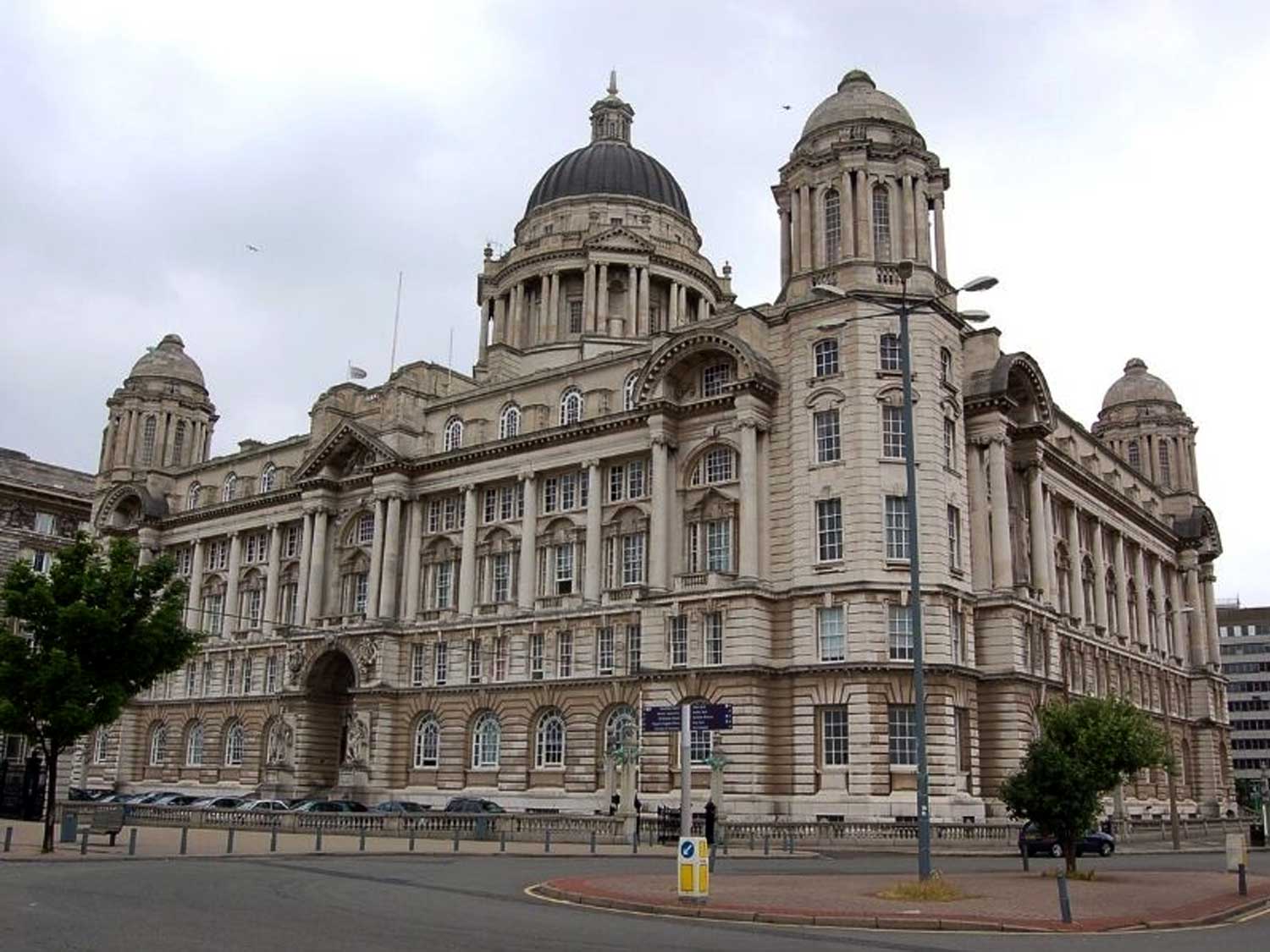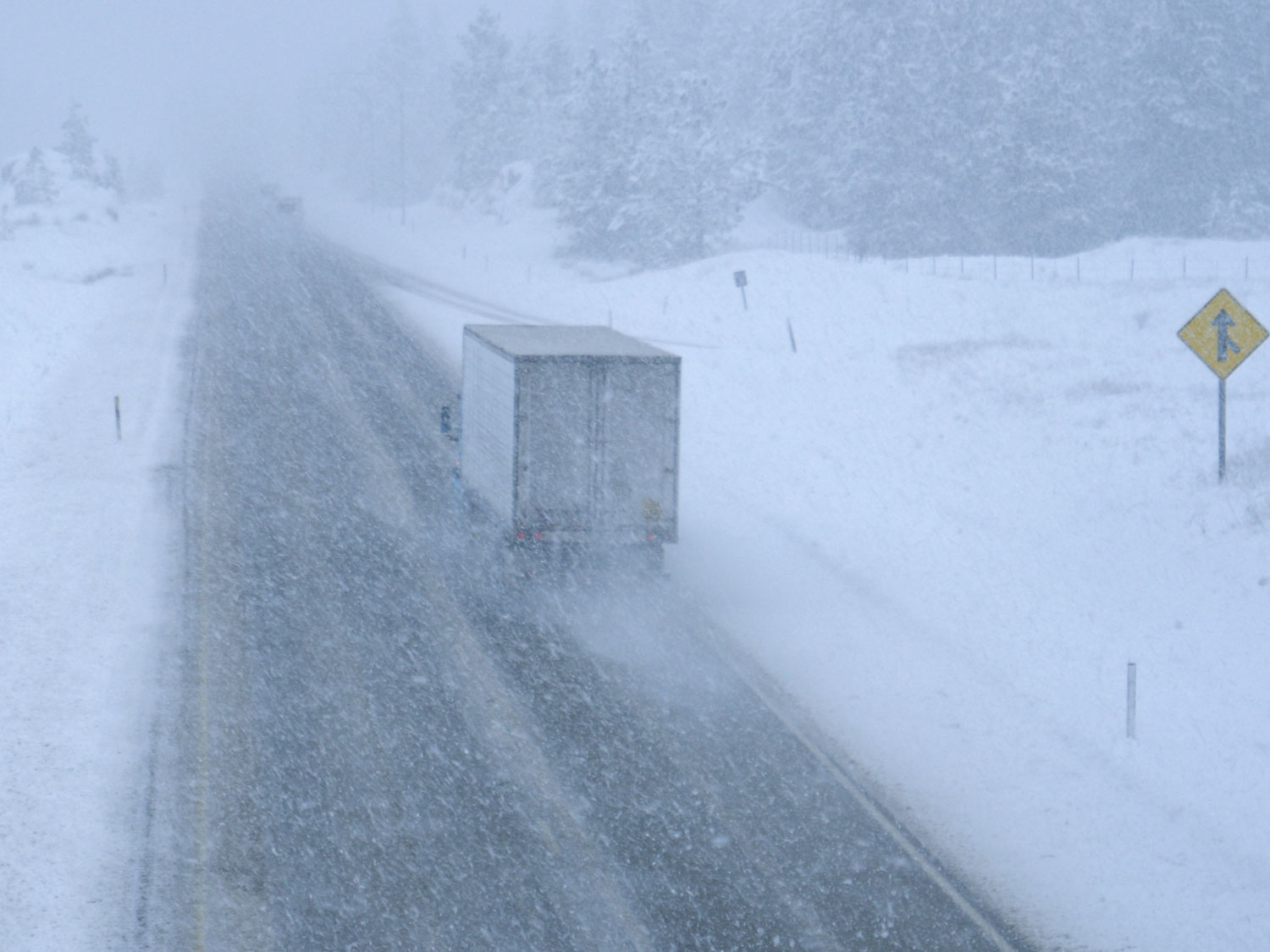The 1st January 2022 changes to UK border policies, with the imposition of customs declaration for imports from the EU, got off to the rockiest of starts when the new supporting IT system, the Goods Vehicle Movement Service (GVMS), crashed on day one, with trucks stuck at Calais for four days.
While HMRC were quick to restore the crashed GVMS system, the pressure on EU/UK supply chains is likely to intensify as volumes rise after the Christmas lull, with additional delays tied to Goods Movement Reference (GMR) production, which is required before trucks can enter the loading port. Truck drivers have reported queues of up to eight hours trying to get through customs controls at the French port of Calais.
We are uncertain why other forwarders’ GMRs are not being produced in a timely manner and not always correct, as we do not see the new regulations as too arduous. The process is the same, it’s mainly just the time frame which has changed.
Make UK, the industry body representing 20,000 manufacturing firms, said that while optimism among its members had grown, it was being undermined by the after-effects of the UK’s departure from the EU.
One year on from the end of the transition period and the majority of firms in a Make UK/PwC senior executive survey said Brexit had moderately or significantly hampered their business, with over half warning they were likely to suffer further damage this year from customs delays, new red tape and changes to product labelling.
Brexit disruption remains among the biggest concerns facing industry bosses for the year ahead as Britain’s departure from the EU complicates the fallout from COVID-19 and the multitude of rising costs facing companies.
Delays at customs, the additional costs from meeting separate regulatory regimes in the UK and the EU, and reduced access to migrant workers were among top concerns raised in the survey, while on a more positive note three-quarters of companies expected conditions in manufacturing to improve over the coming year.
According to analysis by the Centre for Economics and Business Research, business optimism and output growth fell in December as firms grappled with the fallout from the latest wave of COVID infections.
However, most companies said they believed business conditions would improve, with about 73% believing that opportunities outweighed the risks, while in a separate survey of chief financial officers, a record 37% were planning on increasing capital investment in the next year, on new products, services, or markets.
Metro are at the forefront of delivering unique customs brokerage solutions, designed and developed in-house, with automation and a global team of more than 40 people dedicated to the platform. We can ensure that products move from A to B to Z seamlessly under the correct protocol and with complete visibility.
We believe that importers should have no fear of customs delays, or new red tape hampering their supply chain operations.
Our CuDoS customs brokerage platform automates and submits customs declarations, simplifying compliant UK/EU border processing and safeguarding our customers’ European supply chains.
We have a dedicated team of customs experts who support our customers through easement and regime changes and ensure that their EU/UK movements flow smoothly across the border, in full compliance with all controls.
To discuss your situation and to learn how we automate customs declarations for businesses of all sizes, please contact Elliot Carlile or Andy Fitchett who can talk you through the options.
We currently have capacity within our brokerage business unit due to further huge investment in 2021, in personnel and our CuDoS platform, which positions us at the forefront of the market. We can deal with any challenges and encourage all new enquiries relating to customs requirements during the current period.





